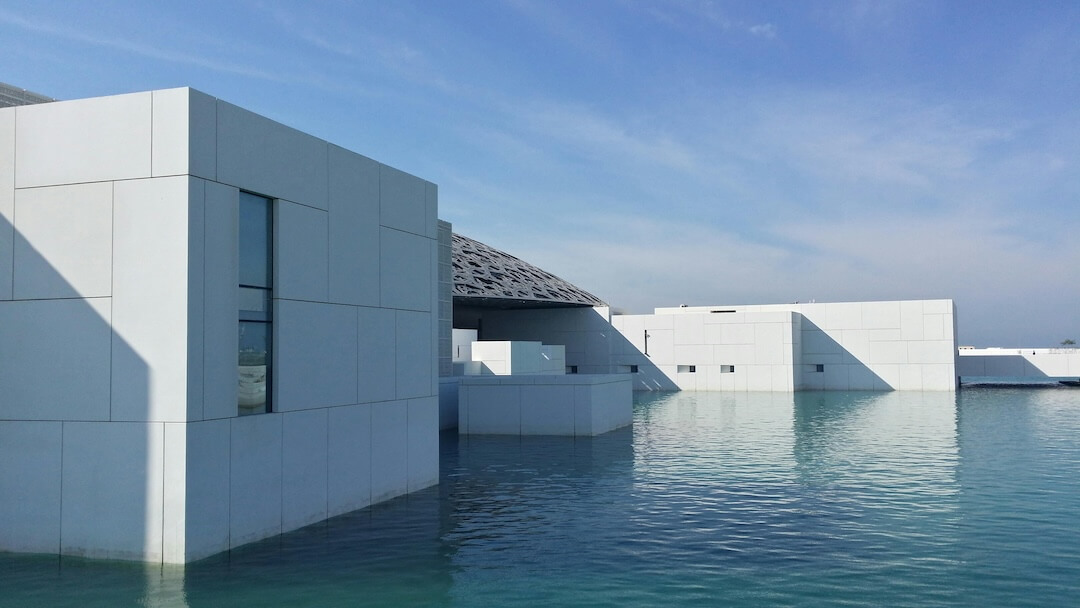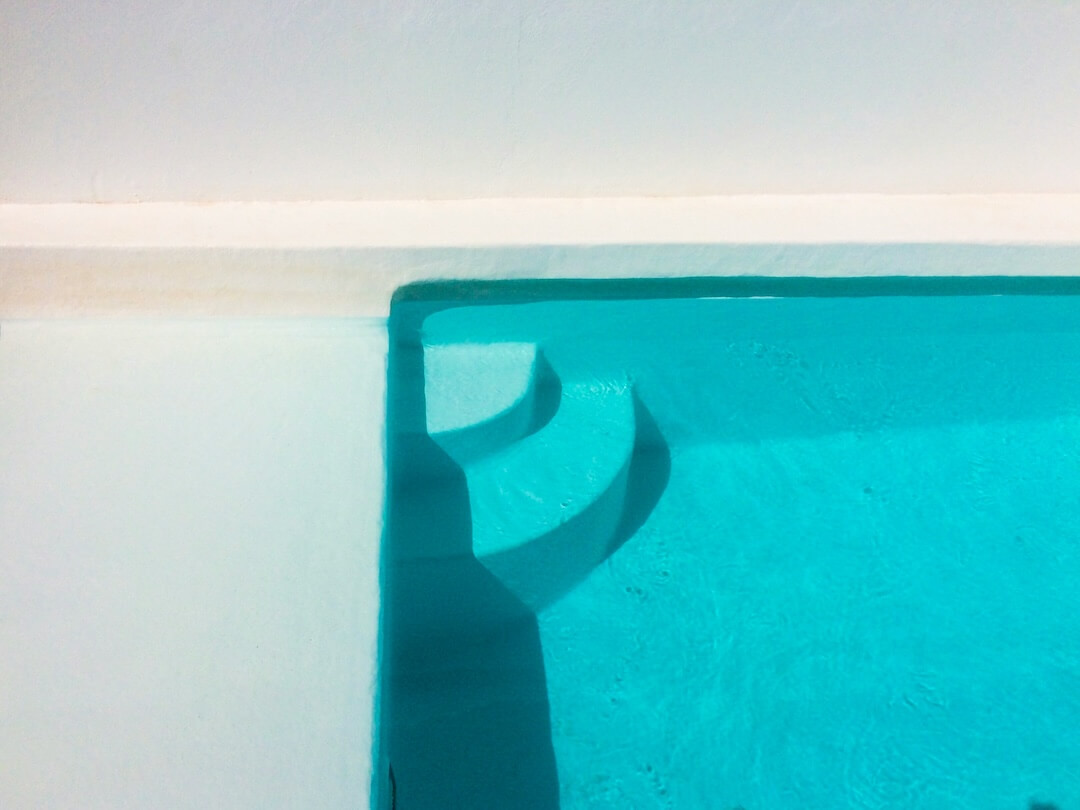Understanding Total Alkalinity and Pool Health

Understanding Total Alkalinity and Pool Health
In Boca Raton, where outdoor pools are a staple of enjoying Florida’s sunny weather, balancing pool water chemistry is key to ensuring clean, safe, and inviting swimming environments. Among the many factors involved in pool maintenance, total alkalinity plays a crucial role in maintaining water stability, protecting your pool equipment, and providing a comfortable swimming experience. As local pool professionals, we recognize that understanding total alkalinity and its impact on pool health is vital for Boca Raton residents who want their pools to shine and function optimally.
What Is Total Alkalinity?
Total alkalinity refers to the measure of all alkaline substances in your pool water, primarily bicarbonates, carbonates, and hydroxides. Think of it as the buffer capacity of your pool water — its ability to resist changes in pH levels. Proper alkalinity levels help prevent rapid pH fluctuations, which can cause problems such as cloudy water, scaling, or corrosion.
In Boca Raton, where the warm climate and frequent use can affect water chemistry, maintaining an appropriate total alkalinity level ensures your pool remains balanced and safe for swimmers. Proper alkalinity levels also protect your pool’s equipment, such as pumps and filters, from damage caused by corrosive or scale-forming conditions.
Why Is Total Alkalinity Important for Pool Water?
Keeping the correct total alkalinity range — typically between 80 and 120 ppm (parts per million) — is fundamental in Florida pool care. If alkalinity is too low, your pool water becomes more acidic, leading to corrosion of metal parts, etching of plaster surfaces, and skin or eye irritation for swimmers. Conversely, if alkalinity is too high, water can become cloudy, scale can form on pool surfaces and equipment, and pH levels can become difficult to control.
Proper alkalinity acts as a stabilizer for pH, preventing sudden swings that can compromise water clarity and safety. For Boca Raton pool owners, understanding this relationship is essential to prevent costly repairs and extend the longevity of the pool system.
How to Test Total Alkalinity in Your Boca Raton Pool
Testing your pool’s total alkalinity is straightforward and can be done with pool test kits or electronic testers available at local Florida pool supply stores. Regular testing — at least once a week — ensures your water remains in the optimal range and allows for timely adjustments.
To test, simply draw a water sample into a clean container and add the test reagent according to the kit instructions. The water will change color, allowing you to compare the result against a color chart. Accurate testing is the first step toward effective pool water management in Boca Raton.
How to Adjust Total Alkalinity in Your Pool
Adjusting alkalinity involves adding specific chemicals to bring levels into the proper range:
- To raise alkalinity, typically use baking soda (sodium bicarbonate). Add it gradually, around 1.5 pounds per 10,000 gallons of water to increase alkalinity by approximately 10 ppm. Always add the chemical slowly and with the pool pump running to ensure even distribution.
- To lower alkalinity, use muriatic acid or sodium bisulfate. These acids reduce alkalinity by lowering pH as well, so it's important to monitor both parameters after treatment.
In Boca Raton, where the climate can influence chemical balance, it’s advisable to make small adjustments and test frequently until the desired levels are achieved. Proper pool water balancing minimizes issues like scaling or corrosion, saving you money on repairs and chemical costs in the long run.
How Often Should You Test and Adjust in Boca Raton?
In Florida’s hot and humid climate, pool chemistry can shift rapidly due to evaporation, bather load, and environmental factors like rain or wind. As a rule of thumb, Boca Raton homeowners should test total alkalinity at least once weekly during swimming season. After heavy rainstorms or increased usage, testing more frequently, such as every 3-4 days, is recommended.
Adjustments should be made as needed to keep alkalinity within the ideal range of 80-120 ppm. Consistent testing and timely chemical adjustments ensure your pool maintains clear, balanced water and prolongs equipment life, which is especially important in the Florida climate.
Signs of Imbalanced Total Alkalinity
Recognizing the signs of incorrect alkalinity levels helps Boca Raton residents address issues promptly:
- Low alkalinity (<80 ppm): Acidic water, pH swings, corrosion of metal fixtures, etching of plaster, swimmer skin and eye irritation.
- High alkalinity (>120 ppm): Cloudy water, scale buildup on pool surfaces and equipment, pH becomes difficult to control, leading to further chemical imbalances.
Regular testing and adjustment are the best ways to prevent these problems. If you notice persistent water cloudiness or damage to pool surfaces, it’s time to evaluate your alkalinity and overall water chemistry.
The Relationship Between Total Alkalinity and pH
While total alkalinity is a buffer against pH fluctuations, maintaining the proper pH level (generally between 7.4 and 7.6) is equally important. If alkalinity is off, it can cause pH to drift, affecting comfort and chemical effectiveness.
In Boca Raton, where the climate influences evaporation and chemical reactions, balancing both parameters is essential for ideal water quality. Properly balanced water prevents problems like algae growth, staining, and equipment wear, contributing to a more enjoyable swimming experience.
Why Regular Maintenance Matters in Boca Raton
In the vibrant pool communities of Boca Raton, routine pool maintenance and water testing are vital. Partnering with local pool service providers who understand Florida’s unique climate ensures your water chemistry remains in the optimal range. They can perform professional testing, chemical adjustments, and system checks to prevent long-term issues.
By emphasizing preventive care—including maintaining proper total alkalinity—you protect your investment, reduce chemical costs, and enjoy a safe, sparkling pool year-round.
Final Tips for Boca Raton Pool Owners
- Always use quality testing kits designed for pool water to ensure accuracy.
- Make chemical adjustments gradually, testing frequently after each addition.
- Keep records of your test results and chemical treatments to track water balance trends.
- Consult with local Boca Raton pool maintenance specialists for professional guidance and routine service plans.
- Remember, proper water chemistry not only ensures safety and comfort but also extends the lifespan of your pool equipment and surfaces.
Maintaining correct total alkalinity is a cornerstone of Florida pool care. By understanding its importance and how to manage it effectively, Boca Raton homeowners can enjoy a beautiful, healthy pool that’s ready for every Florida summer. Contact our local pool professionals today to get expert assistance with testing, balancing, and maintaining your pool’s water chemistry.



